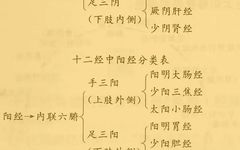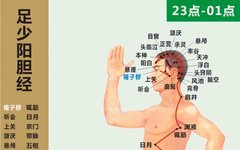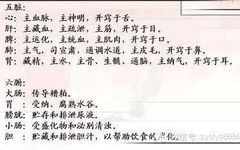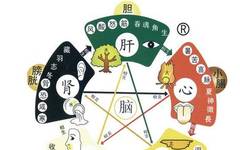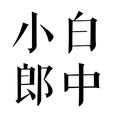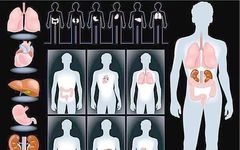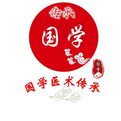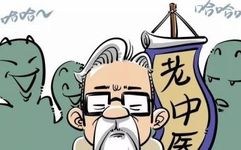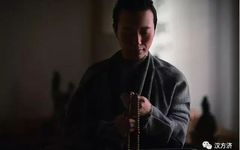Detailed Explanation of the Twelve Meridians in TCM (Including Specific Acupuncture Point Locations and Meridian Pathways)
【Twelve Meridians】 1. Classification of Names: The twelve meridians are classified into three yin meridians of the hands, three yang meridians of the hands, three yin meridians of the feet, and three yang meridians of the feet based on their connection to the internal organs’ yin and yang properties and their pathways in the limbs. … Read more

